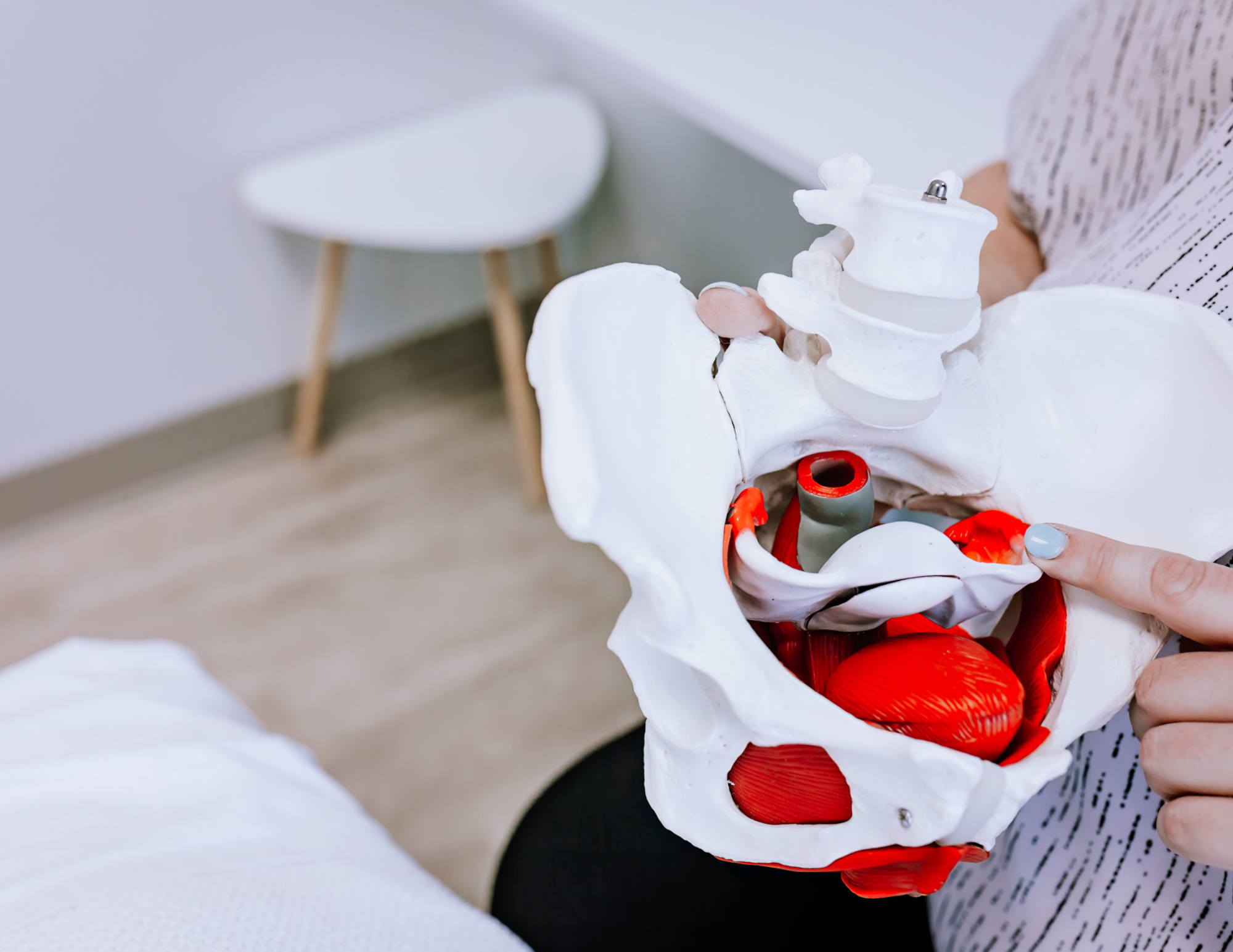.png)
Acupuncture is a versatile therapeutic approach with various methods to address pain, improve mobility, and promote overall well-being. While many are familiar with Traditional Chinese Acupuncture, other forms like electrical stimulation and dry needling offer unique benefits. As a chiropractor in Ottawa, Ontario, I integrate these approaches to help my patients achieve optimal results.
Traditional Chinese Acupuncture
Rooted in ancient practices, Traditional Chinese Acupuncture involves stimulating specific points along 14 meridians in the body to regulate the flow of Qi (energy). This technique, performed by trained acupuncturists, aims to activate the body’s natural healing abilities, supporting both physical and emotional health.
Electrical Stimulation Acupuncture
This modern approach combines acupuncture with electrical currents to relieve pain and enhance tissue healing:
- Low-frequency stimulation: Promotes endorphin release for general pain relief, with effects felt after 30-45 minutes.
- High-frequency stimulation: Offers a faster endorphin release.
- Trigger point stimulation: A pen-like device can target specific areas to release tension and activate motor nerves.

Dry Needling Acupuncture
Focusing on anatomy rather than traditional meridians, dry needling targets areas of pain, restricted movement, or muscle tension. Needles are inserted into the tissue and may be manipulated to break up adhesions or scar tissue, enhancing mobility and reducing discomfort.
Functional Integrated Acupuncture
As a chiropractor, I utilize functional integrated acupuncture, a blend of traditional and dry needling techniques combined with a scientific understanding of pain and dysfunction. This method targets:
- Muscle trigger points
- Peripheral nerves
- Soft tissue structures like ligaments and joint capsules
The result? Increased blood flow, muscle relaxation, and pain modulation for a comprehensive treatment approach.
Additional Benefits of Acupuncture
Acupuncture extends beyond pain relief to calm the sympathetic nervous system—our “fight or flight” response. This can reduce chronic stress improve sleep, better food choices, and better social behaviour

What to Expect During a Chiropractic Acupuncture Treatment
Treatments last anywhere from a few seconds to 20 minutes, depending on your needs. Here’s what happens:
- Preparation: The treatment area is exposed and sanitized.
- Needling: Single-use needles are inserted and manipulated as needed.
- Aftercare: You may feel soreness but also experience immediate relief. Heat application or stretching may follow the session.
- Treatment Plan: Depending on the severity of your condition, you may need 1-10 sessions.
Often, I complement needling with manual therapy to further stretch tissues and address joint restrictions, ensuring a holistic treatment experience.
If you’re ready to explore how acupuncture can support your health and mobility, book an appointment with me here today. Let’s work together to get you feeling your best! If you think you might benefit from an acupuncture appointment,.

.png)

